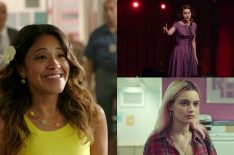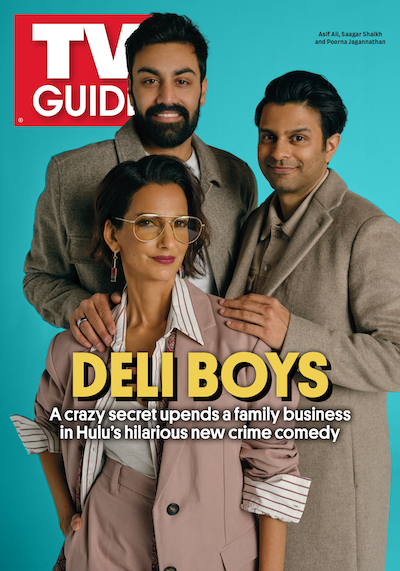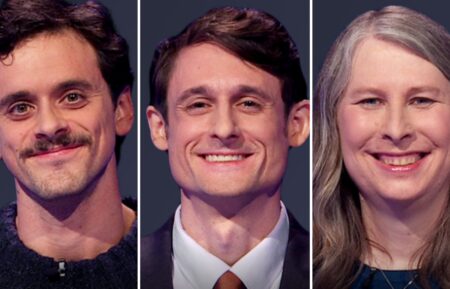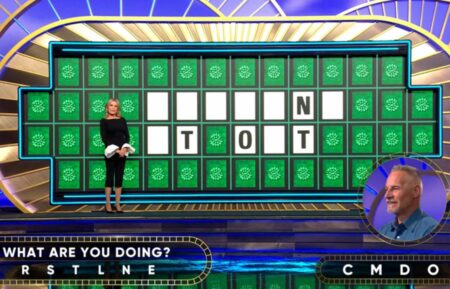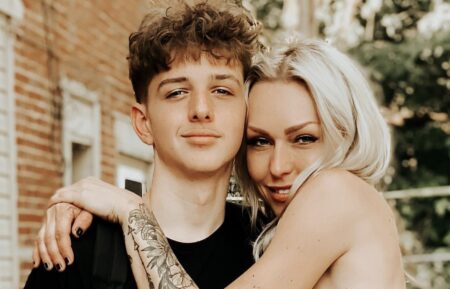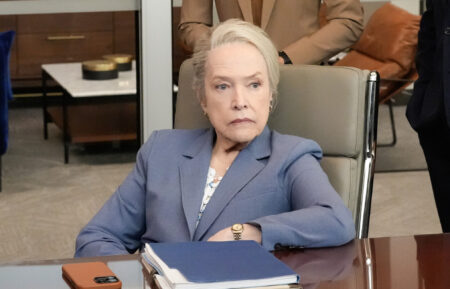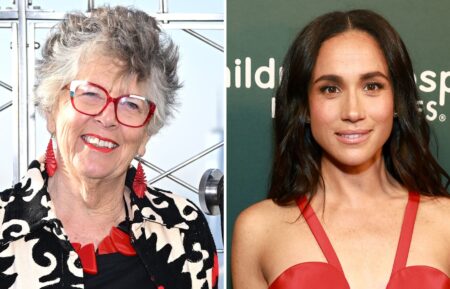Women Are Owning Dad TV Right Now: Here’s How We Got Here
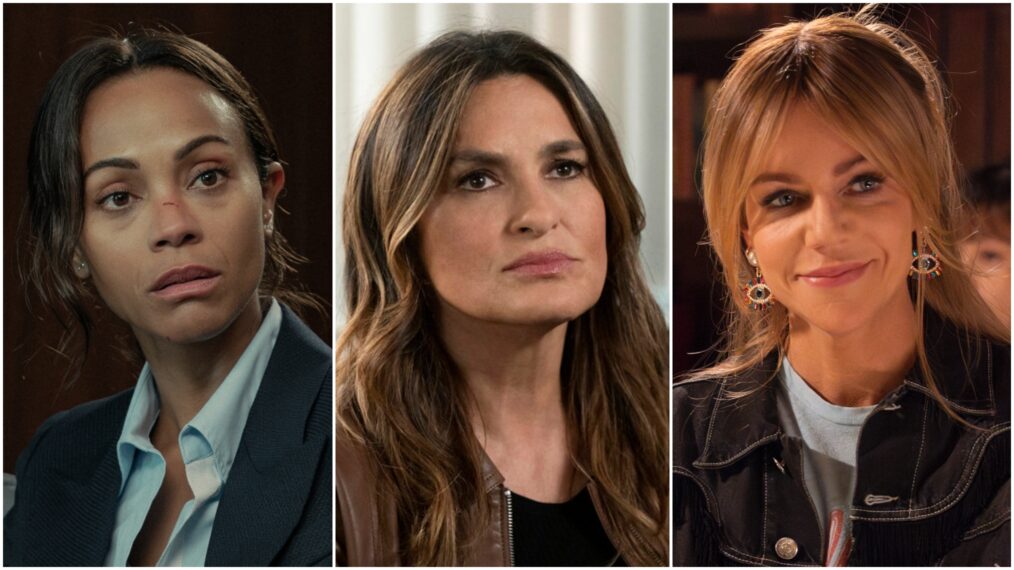
The term “Dad TV” has been around for years. Typically it refers to a series with a male lead that’s relatable and an expert in a particular field who overcomes some kind of challenge or unexpected hardship. Throw in a touch of humor, a sense of nostalgia, and a dog or child to protect, and you have a TV series any dad would be happy to watch.
While some may argue that television has always been Dad TV (if you’re over 40, chances are your dad always controlled the remote when you were a kid), the genre has recently evolved. Thanks to strong female leads in what used to be viewed as prototypically male roles, the genre has completely evolved from Dad TV into Grown-Up TV.
Eric Deggans, a TV Critic and media analyst for NPR has also noticed this evolution. Citing two particular reasons for the shift: “Women watch TV more than men do, so it’s never made sense to make TV shows that focus only on guys because it downplays your biggest potential audiences,” Deggans wrote, referring to procedurals centered on law and crime. “Instead of going for the audience that’s hard to get and charging advertisers more, which is what networks used to attempt to do with young viewers, they know it’s a better business decision to provide content for the audience that’s already there… Putting a woman in a traditionally male-centered environment, like in Special Ops: Lioness, for example, plays with relationship dynamics, gives storytellers more tools to work with, and can create tension. Characters that stick to traditional gender roles can lead to predictable storytelling.”
Over the past few years, there have been several examples of female protagonists with wide appeal that illustrate the evolution of Dad TV into Grown-Up TV. Most impressively, they now cover a myriad of genres. Here’s a look.
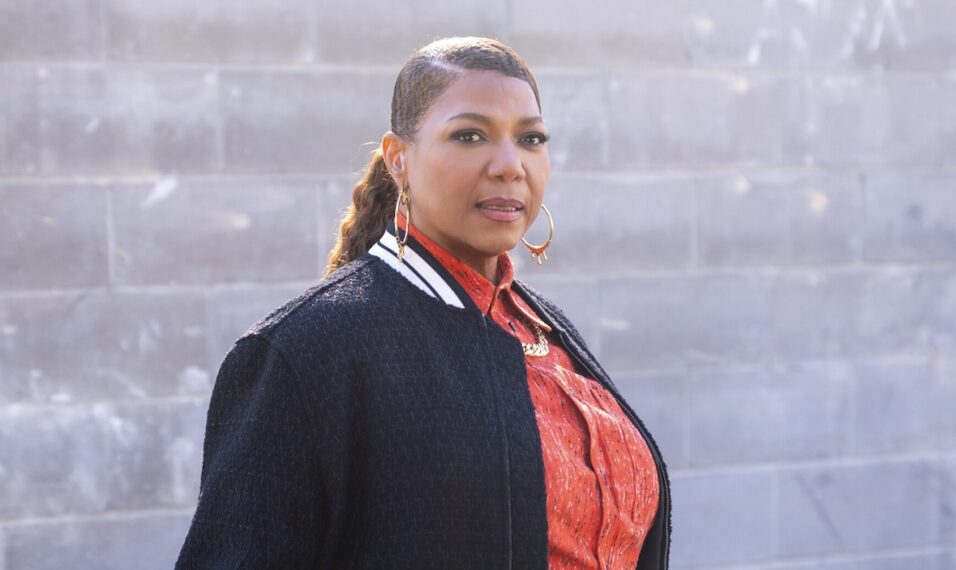
Michael Greenberg / CBS
Procedural dramas
Perhaps the area where female leads have helped evolve Dad TV the most is in legal, police, and medical procedurals. Mariska Hargitay (Law & Order: SVU), Ellen Pompeo (Grey’s Anatomy), Angela Bassett (9-1-1), and Queen Latifah (The Equalizer) have played strong, beloved characters for years. In 2024, there’s been an influx of even more female crime fighters and top docs.
Oscar winner Jodie Foster reinvigorated the True Detective franchise earlier this year and won an Emmy for her role as Detective Liz Danvers in the Alaskan-set Night Country. High Potential, which debuted this fall and stars Kaitlin Olson as a single mom with a high IQ and a knack for solving crimes, is ABC’s most-watched series in six years. Matlock, a reboot that’s not a reboot starring another Academy Award winner, Kathy Bates, has been a huge hit for CBS and has a 100% review score on Rotten Tomatoes. The series was renewed for a second season after just two episodes. And Pulse, Netflix’s upcoming foray into hospital dramas, will be led by Willa Fitzgerald.
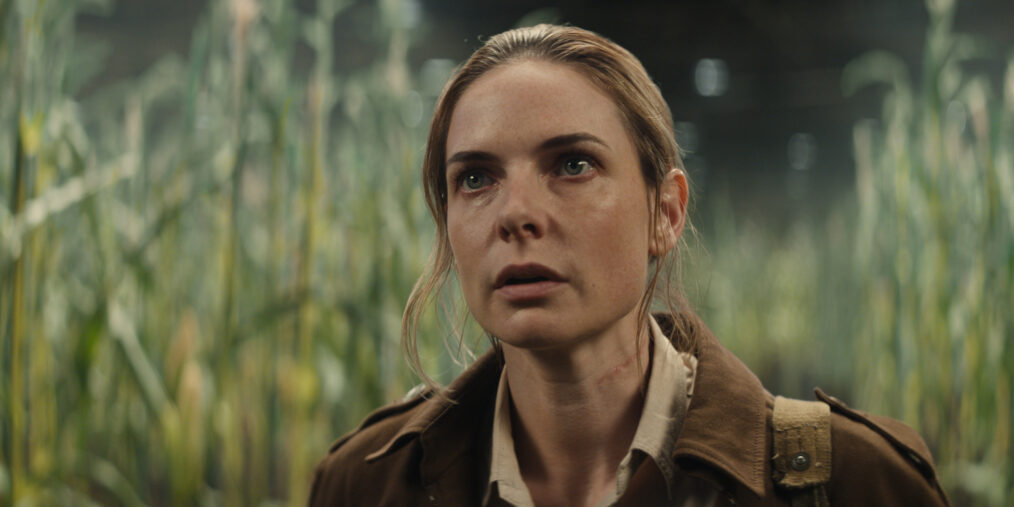
Apple TV+
Sci-Fi
The sci-fi TV genre has long been a home for layered female characters such as Dana Scully (The X-Files), Kara Thrace (Battlestar Galactica), and Olivia Dunham (Fringe). The last few years have seen a resurgence of these kinds of roles.
Silo, which premiered with its second season on November 15, centers its post-apocalyptic story around the most quintessential of Dad TV characters: the smartest person in the room (Rebecca Ferguson) trying to get to a truth suppressed by a government agency. Three of this 2024’s most talked about series – The Acolyte, Agatha All Along, and Fallout – are all largely female-led shows and took challenging TV subgenres (Star Wars, Marvel, and video game adaptations) into bold directions. Heck, with Fallout, Yellowjackets, Sweetpea, and Arcane, Ella Purnell is single-handedly redefining the Dad TV genre.
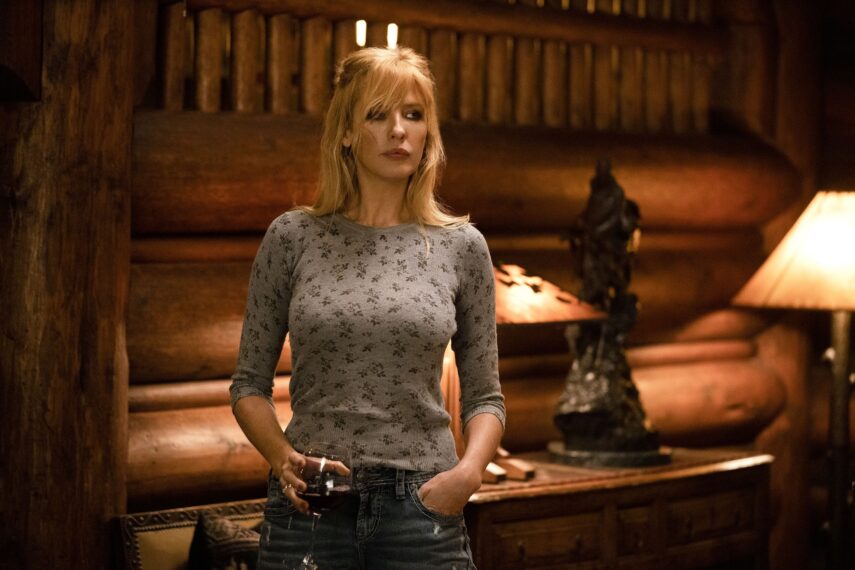
Paramount+ / Courtesy Everett Collection
Family dramas
Academy Award winner Alfonso Cuaron’s series Disclaimer, based on the 2015 novel of the same name by Renee Knight, is yet another example of a role shift that works. We’ve all seen the consequences of men having an affair on television, but in this series, viewers are hypnotized when witnessing how a long-buried secret of journalist/documentarian Catherine Ravenscroft (Cate Blanchett) unravels her life.
Yellowstone, which has slowly turned Beth Dutton (Kelly Reilly) into the series lead in place of Kevin Costner, and The Perfect Couple (Nicole Kidman) are two other popular shows that are built around strong, complicated female characters in family dramas.

Amazon Prime Video
Military/Spy
Not surprisingly, the military/spy TV genre has been dominated by male leads for decades but that began to change in the 2000s. Shows like Alias (Jennifer Garner), led to Homeland (Claire Danes), Covert Affairs (Piper Perabo), and Hanna (Esme Creed-Miles).
Today the military/spy genre is driven by the female-led Citadel (Priyanka Chopra Jonas), its two spin-offs Citadel: Diana (Matilda De Angelis) and Citadel: Honey Bunny (Samantha Ruth Prabhu), and Lioness (Zoe Saldana) which was created by the king of Dad TV, Taylor Sheridan.
What does the evolution of Dad TV into Grown-Up TV actually mean?
The biggest takeaway from female-led shows gaining widespread popularity in what used to be male-dominated subgenres is that today’s TV viewers have demonstrated that they mostly want the same thing. Regardless of gender, audiences enjoy rooting for relatable, skilled protagonists dealing with a straightforward dilemma.
To be sure, there’s plenty of nuance. Characters in Grown-Up TV shows have their complexities but when it comes right down to it, TV series with clear good guys and bad guys makes for a satisfying experience. But whether that good guy is a man or a woman no longer matters. Throw in a touch of humor, some nostalgia, and a dog or child to protect, and you have a TV series anybody would be happy to watch.
From TV Guide Magazine
Crime, Comedy & Convenience Stores: Unwrapping Hulu's 'Deli Boys' With the Cast
Cupcakes, corndogs…and cocaine?! Two brothers find themselves in a hilarious pickle when they inherit an unseemly bodega biz in Hulu’s new comedy Deli Boys. Find out how The Sopranos and Real Housewives of Orange County influenced the cast. Read the story now on TV Insider.

